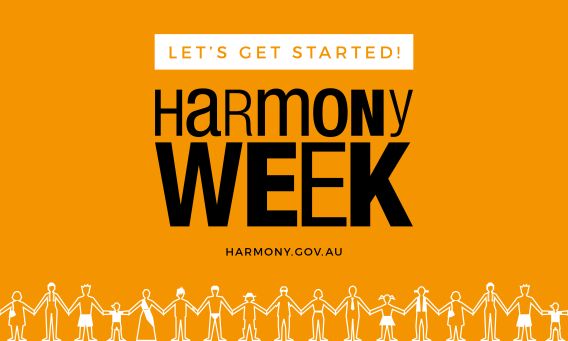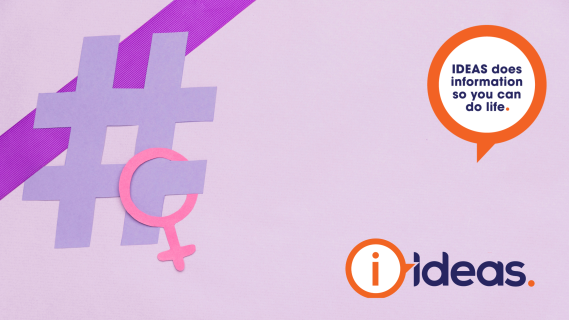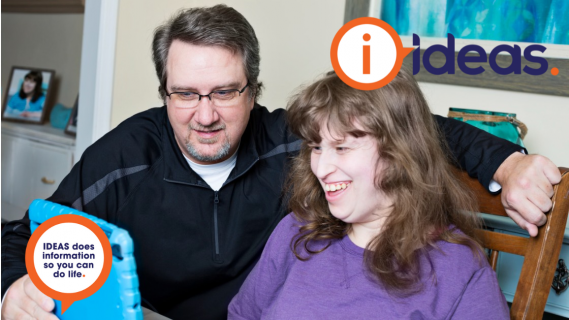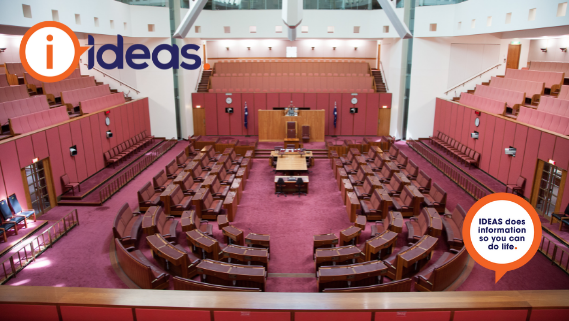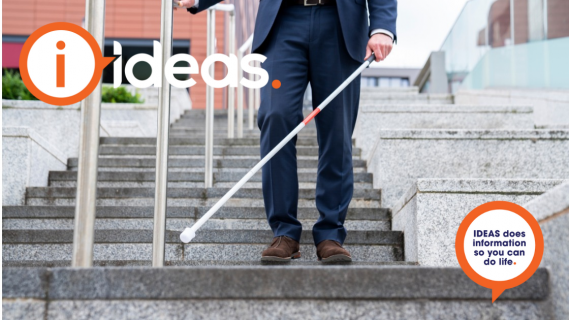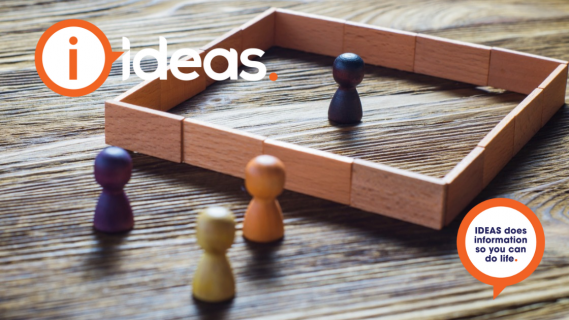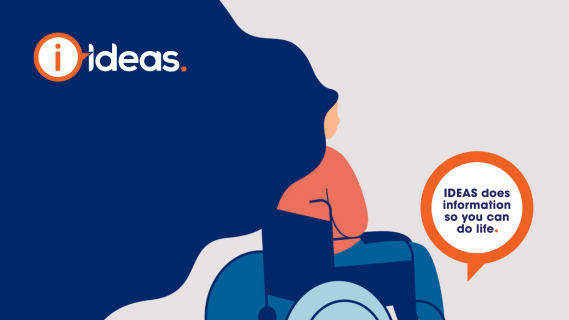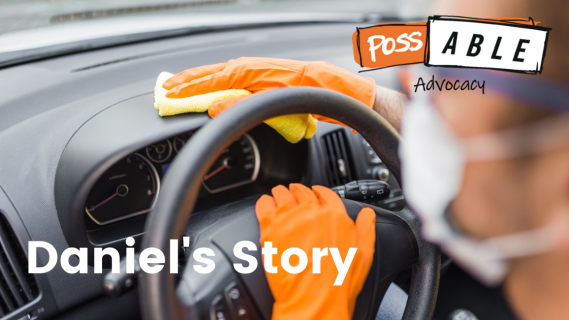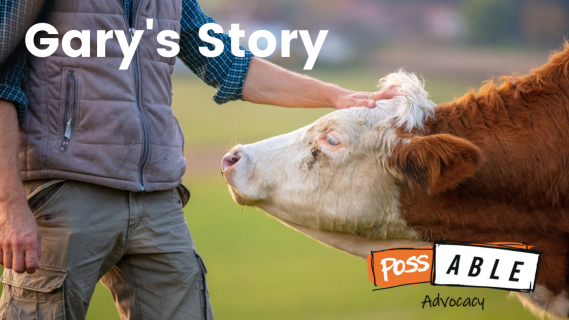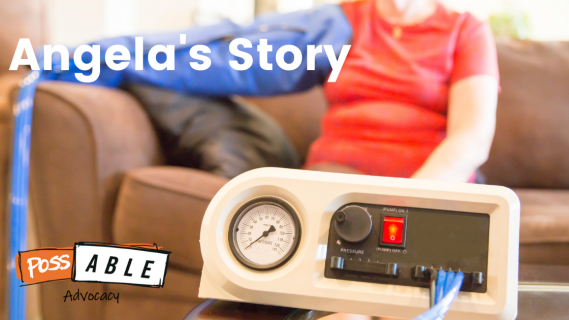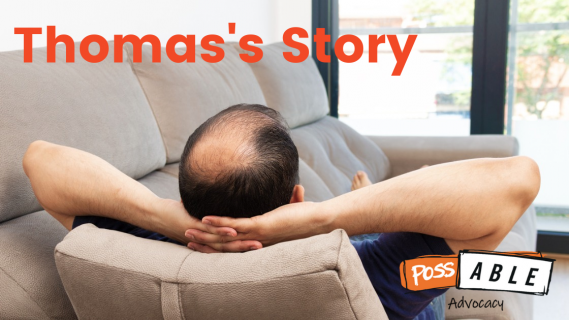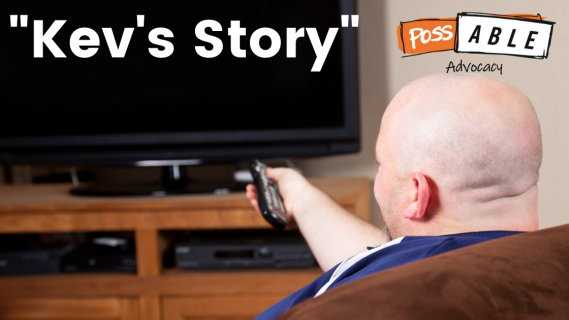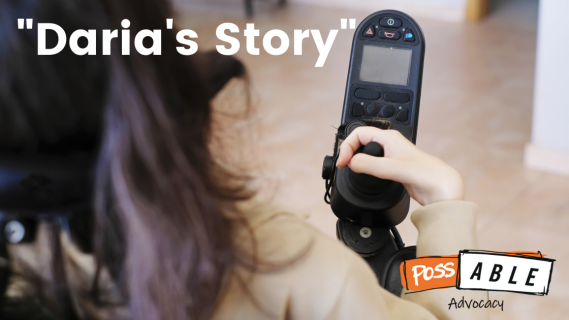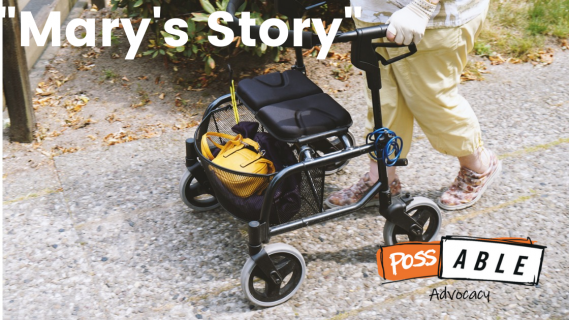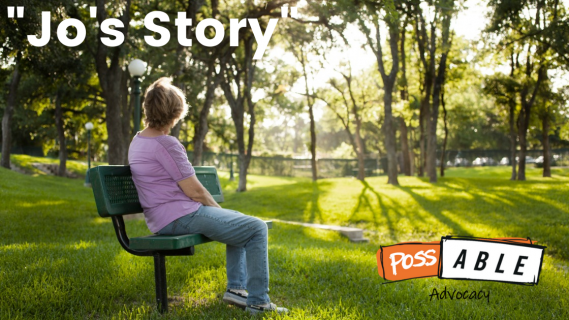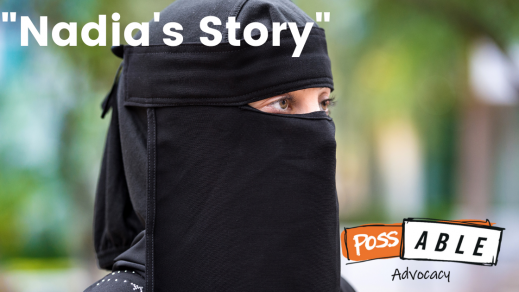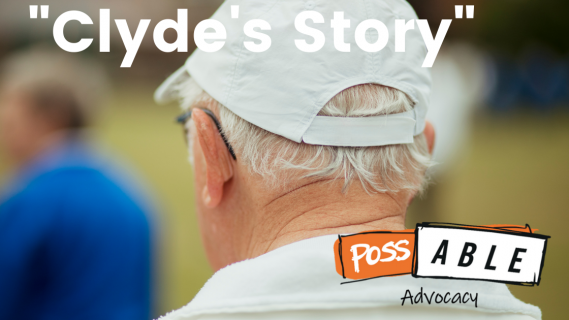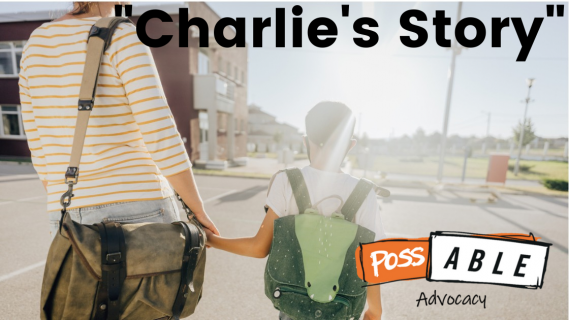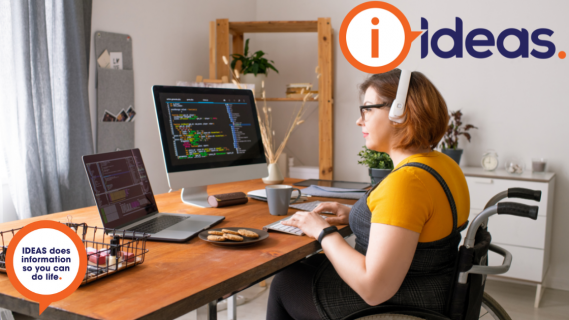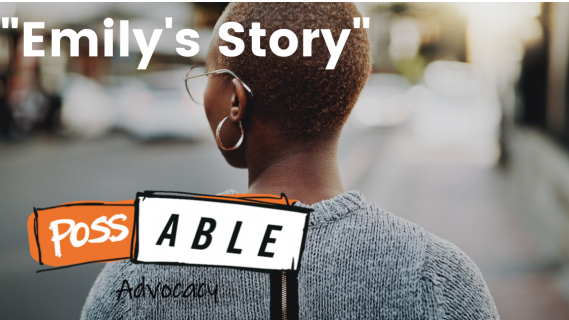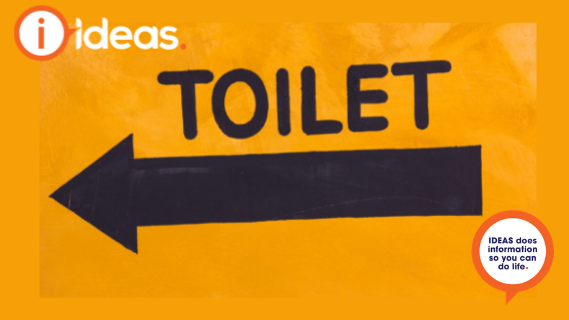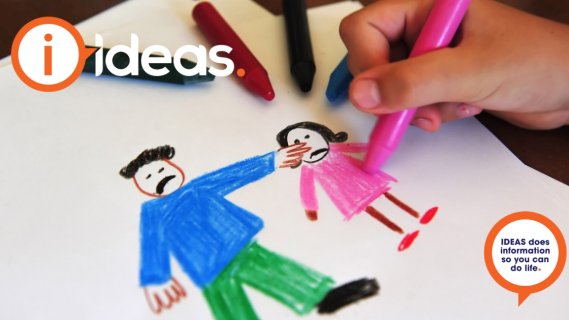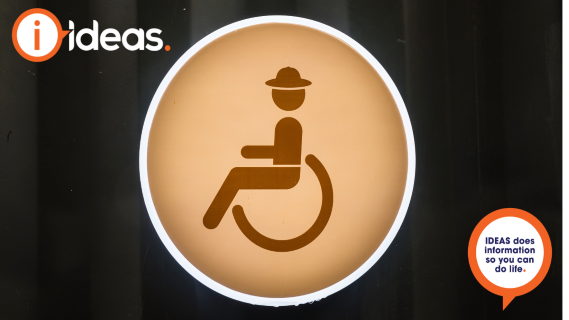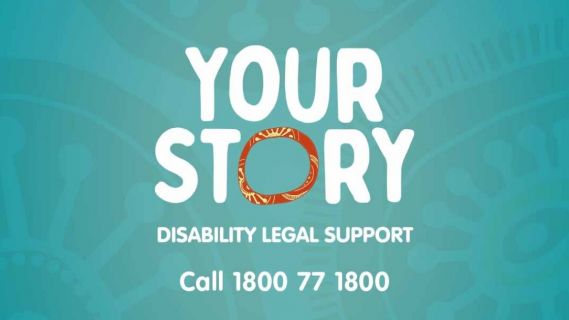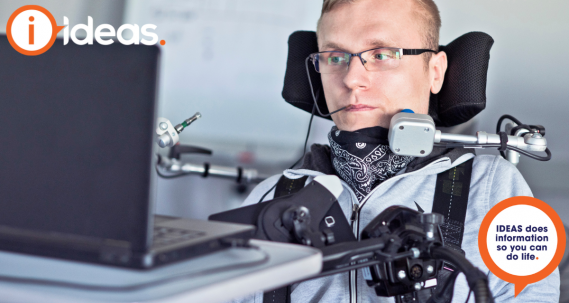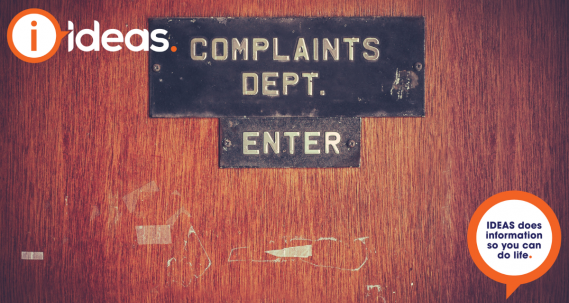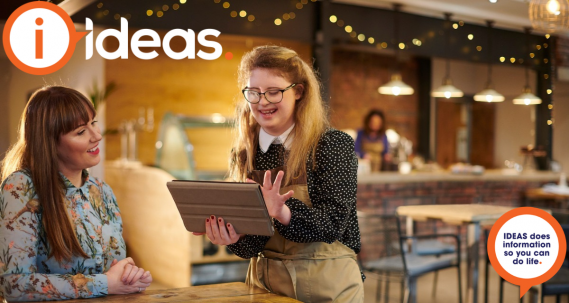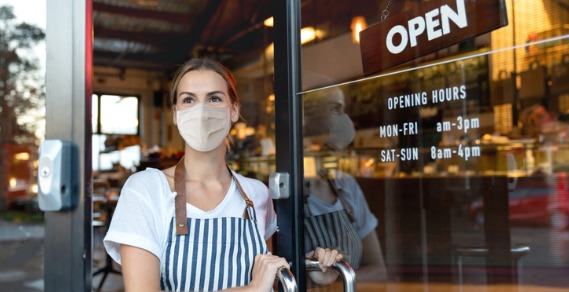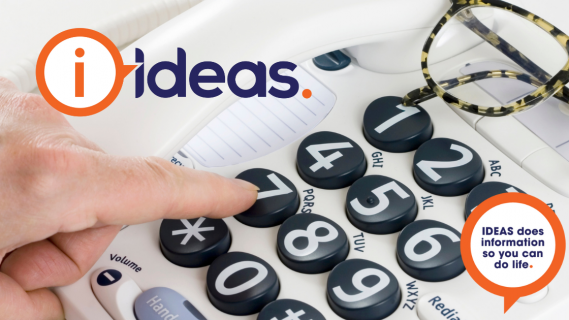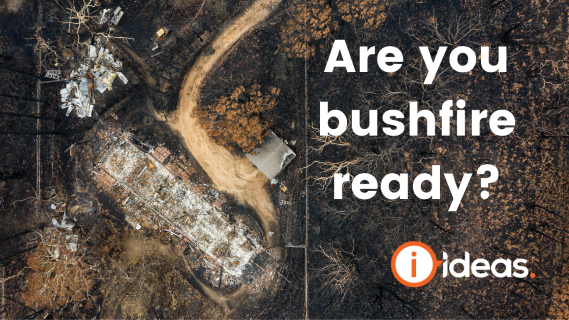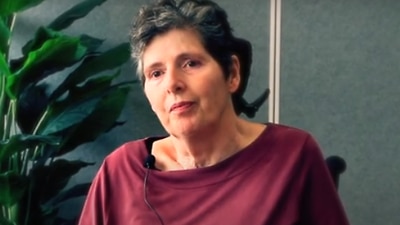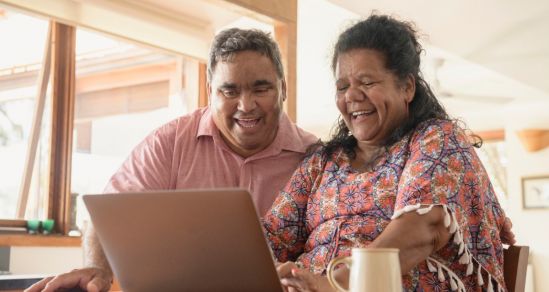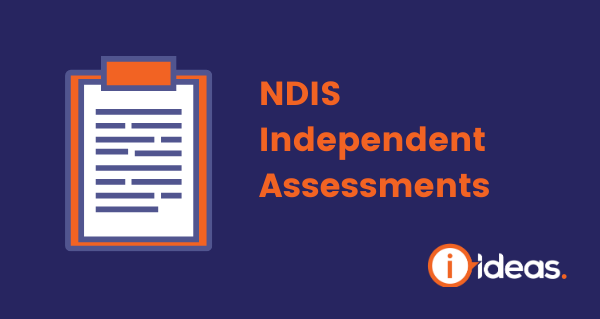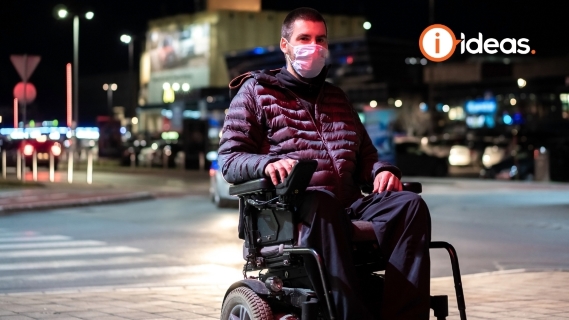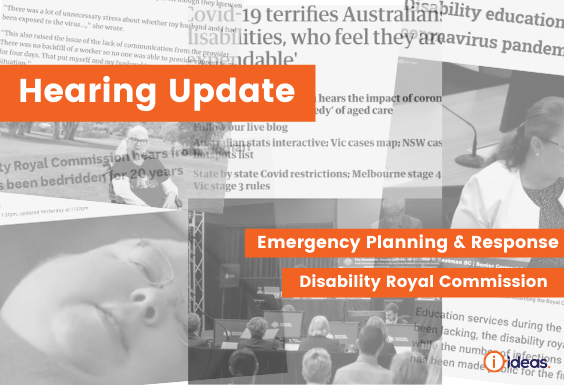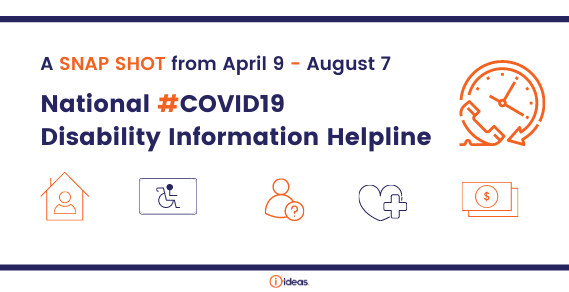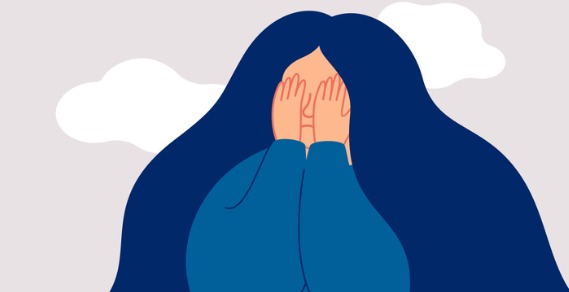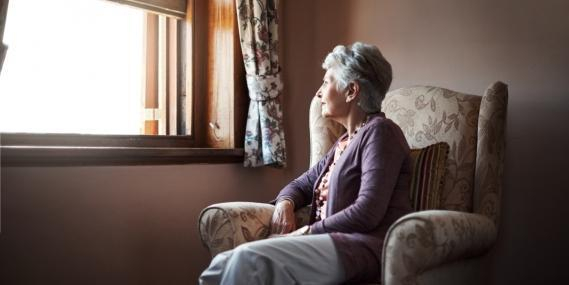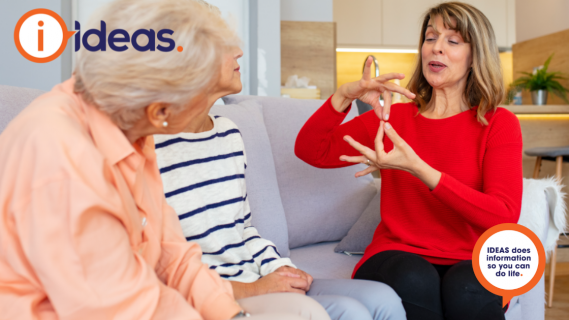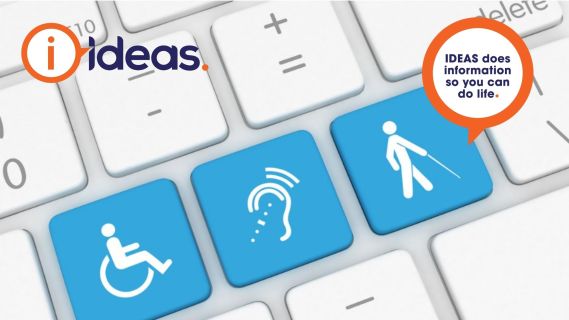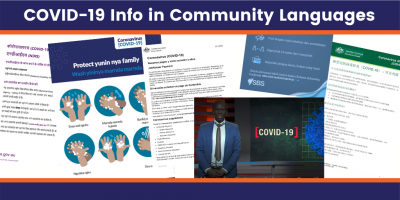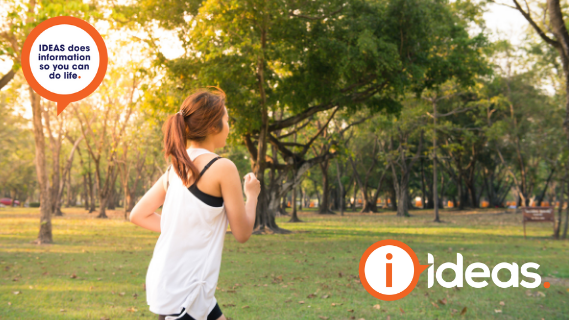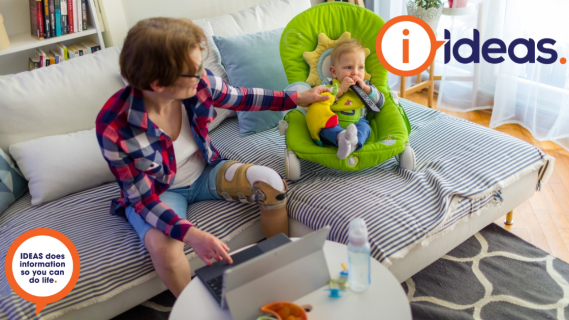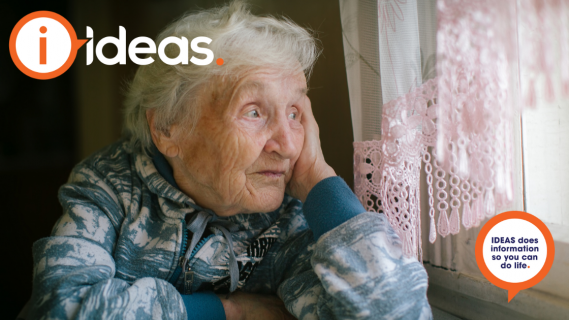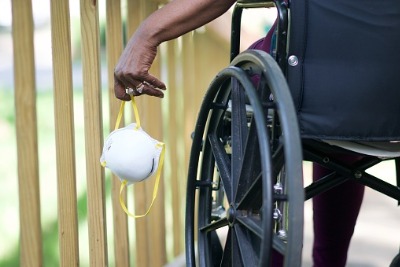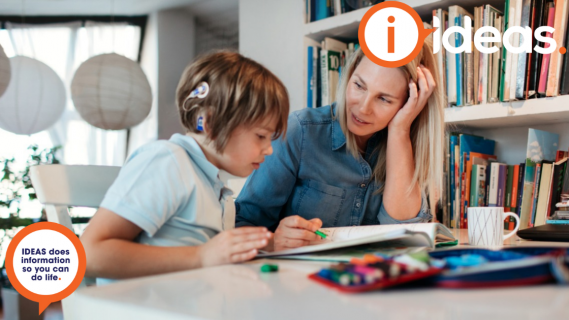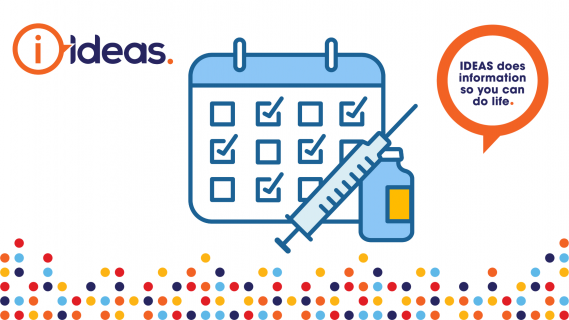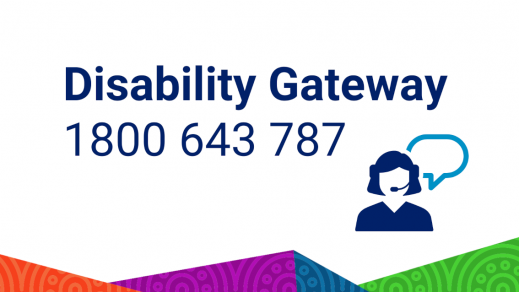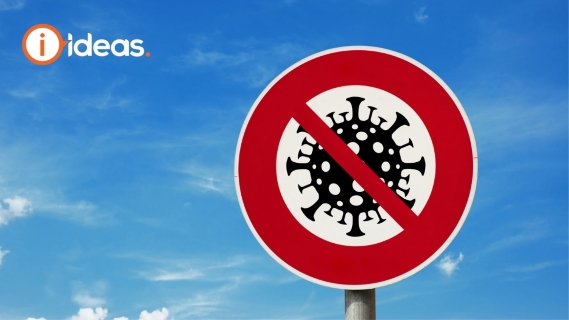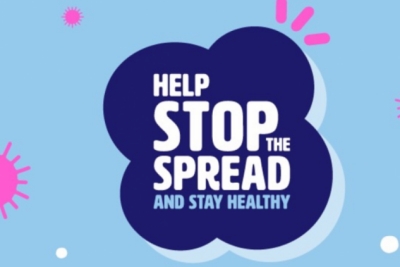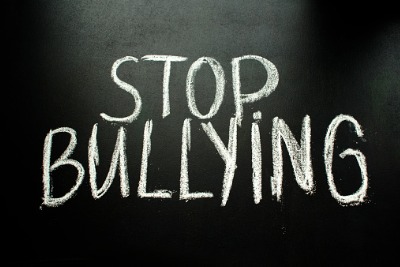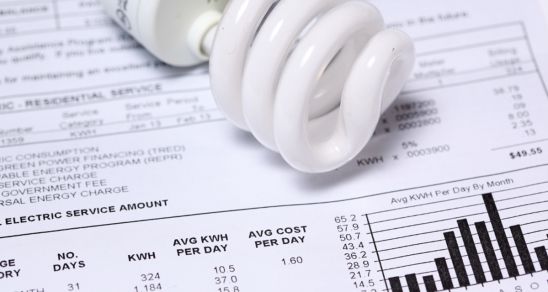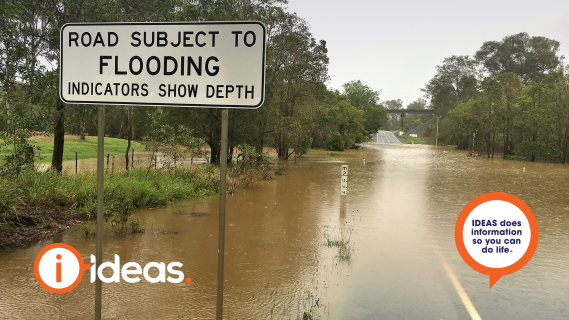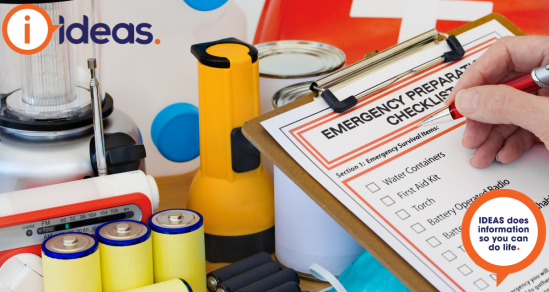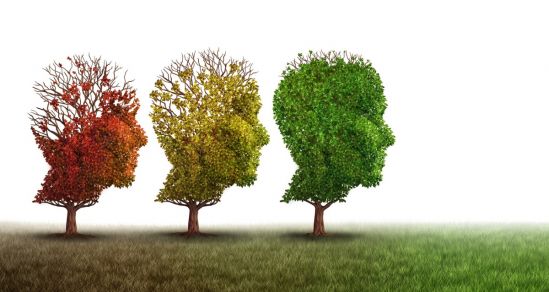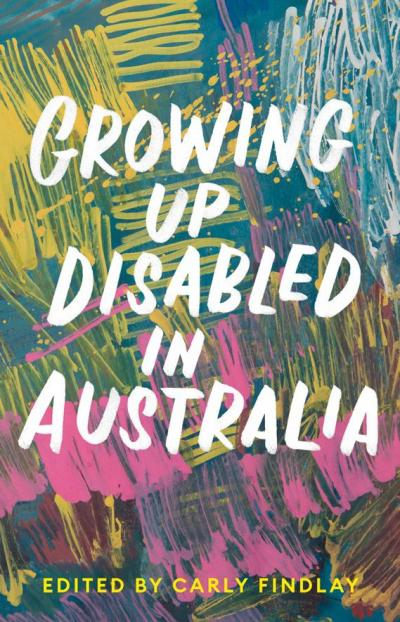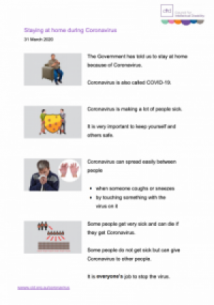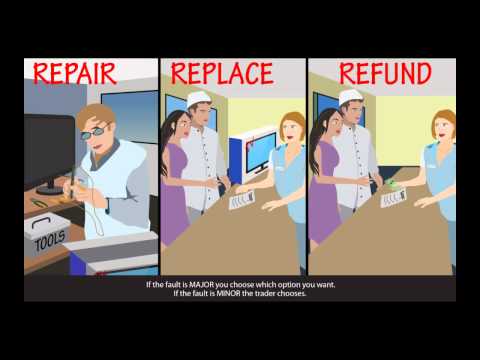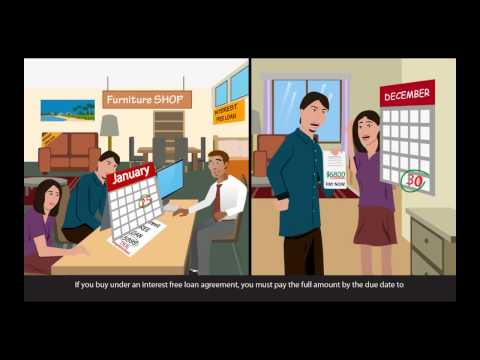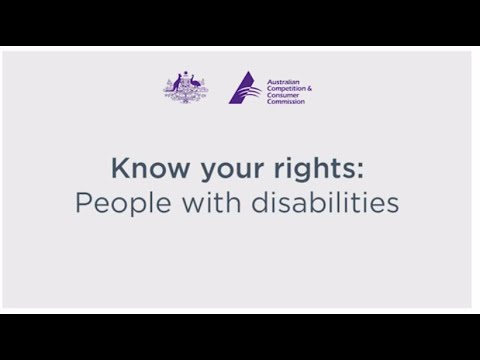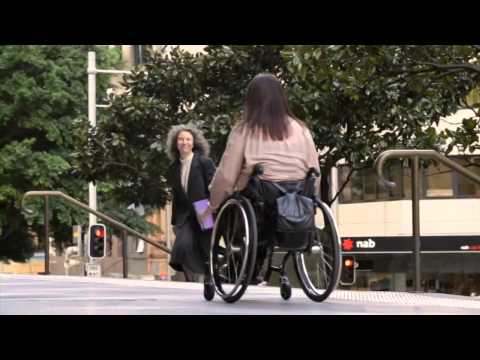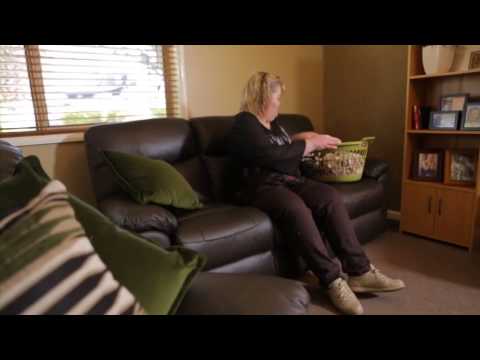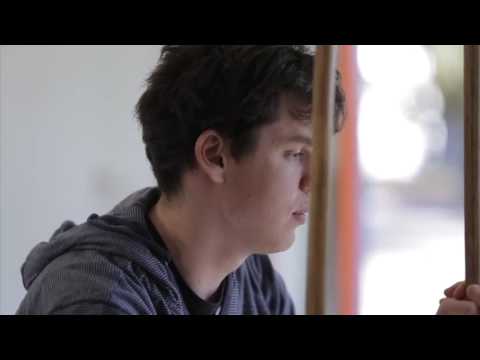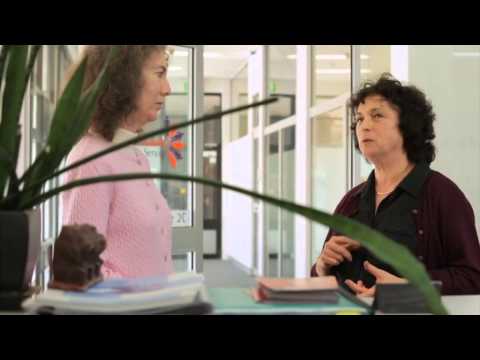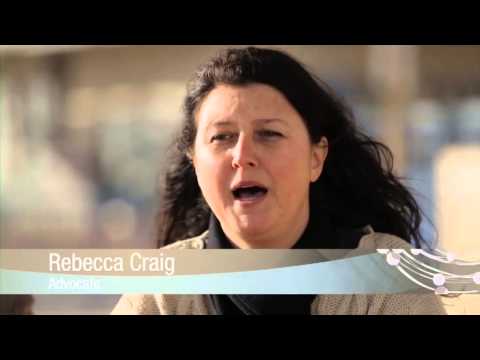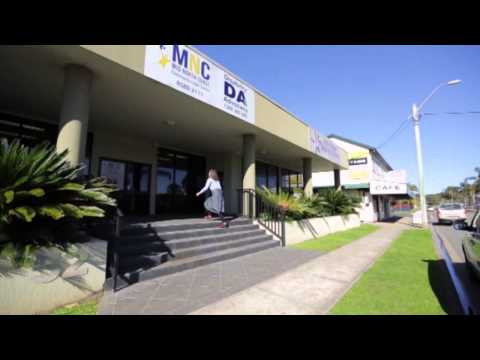Highlighted since the start of COVID-19, concerns about domestic and family violence have grown. This article has telephone contacts, Apps and web resources to help you or someone you know who is vulnerable to domestic or family violence.
Quicklinks
Planning Checklists and safety plansCrisis LinesApps to Support YouWeb Support ResourcesFinancial IndependenceFamily and Domestic Violence LeaveHeightened risks of exposure to unwanted behaviour are evident. Men, women, children and people with disability were more vulnerable to violence, bullying and abuse. Increased stress from
- Economic and employment worries
- Being isolated in their home with their abuser or
- Spending more time online for education and schooling as they learnt remotely,
were cause for concern. The increase of adolescent family violence is also noted. Technology facilitated abuse is also on the rise.
In May 2020, the Australian Institute of Criminology surveyed 15,000 Australian women about their experience of domestic violence during the initial stage of the Covid-19 Pandemic.
In the 3 months prior to the survey,
- 4.6 percent of respondents experienced physical or sexual violence from a current or former cohabiting partner.
- Almost 6 percent of women experienced coercive control and
- 11.6 percent reported experiencing at least one form of emotionally abusive, harassing or controlling behaviour.
For many women, the pandemic coincided with the onset or escalation of violence and abuse. Two-thirds of women who experienced physical or sexual violence by a current or former cohabiting partner since the start of the pandemic said the violence had started or escalated in the 3 months prior to the survey.
Many women, particularly those experiencing more serious or complex forms of violence and abuse, stated safety concerns were a barrier to help-seeking.
Julie Inman Grant, the eSafety commissioner warned that victims may be trapped at home. Via her Twitter account, shared that technology-facilitated abuse has become an extension of coercion, harassment and control of women experiencing Domestic violence.
Outside of COVID-19 timeframes Australian Bureau of Statistics statistics are:
- 2 in 5 people aged 18 and over have experienced physical or sexual violence since the age of 15. Including 42% of men and 37% of women (1 or more incidents)
- 4 in 10 men and 3 in 10 women experienced physical violence
- 1 in 5 women and 1 in 20 men experienced sexual violence.
Technology facilitated abuse is a concern for those supporting victims. The perpetrator may have bypassed privacy and security settings, or have remote access to devices and accounts.
Financial Abuse is also a concern, where money and financial resources are used as a controlling power.
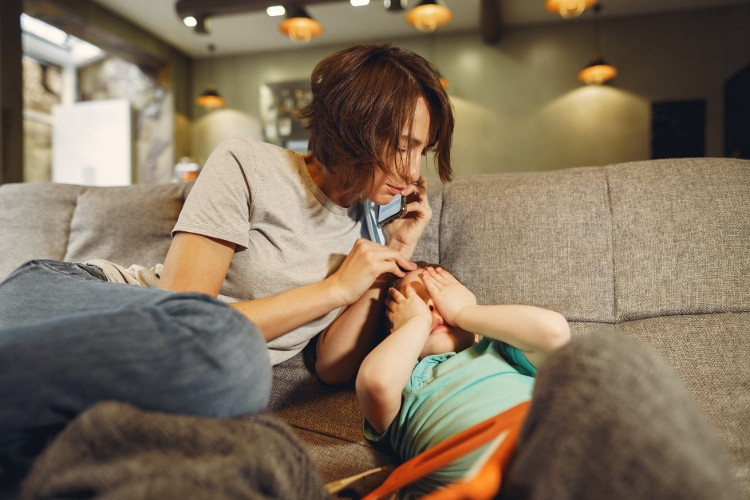
Planning Checklists and safety plans
This Online Safety Checklist gives you essential online safety steps if you are in a domestic and family violence situation. A Checklist for Friends and Family can help friends and family to support someone who is being followed, stalked or controlled through social media or their devices (phones, tablets or computers).
An Easy English Safety Plan is available from Safe Steps.
The "Ask Someone website" also discusses Safety Plans.
Where to get help - Crisis Lines
- If you are in danger call 000
- 1800 Respect (1800 737 732) National Relay Service 1800 555 677 Interpreter 13 14 50 for support, counselling and referral, online chat, and website resources, connection with other services, support if you are worried about a family member or friend.
- Women With Disabilities Australia "Our Site" Easy Read version available
- Men's Referral Service: 1300 766 491
- Lifeline (24-hour crisis line): 13 11 14
- Relationships Australia: 1300 364 277
- Kids Helpline: 1800 55 1800
- Lifeline: 13 11 14
- Aboriginal Family Domestic Violence Hotline: 1800 019 123
If your own device or phone is compromised, you may be able to access a safe device from a friend or neighbour. A safe device is one that your abuser is not able to check and cannot access.
Apps to support you
- Daisy - Download from iTunes or Google Play
- Help Me (For Children) Download from iTunes or Google Play
- Emergency+ Download from Apple store, Google Play or Windows Phone store
Web Support and Resources
- Women With Disability Australia Safe browsing, privacy, online payments, online dating, "Our Site" Easy Read version available.
- Esafety Commission Help and Support How to get help, safe collection of evidence, and "How to" Videos.
- Esafety Commission Domestic and Family Violence Safety Planning, help and support, and "How to" Videos.
- Esafety for Image-based abuse reporting and information (when an intimate image or video is shared/ or a threat to share occurs, without consent)
- ESafety for Online Safety Planning with Children
Known risk factors to domestic and family violence, loss of income, and unemployment risk are heightened under COVID-19 circumstances. In response to this, the Prime Minister of Australia and the federal government have pledged a $1.1 billion package -
- Boosting mental health services
- Domestic violence support
- Medicare assistance for people at home and
- Emergency food relief.
Financial Independence
Financial Abuse, and how to get help to recover, is discussed in our article Financial Independence Hub.
Women's Financial Toolkit from New South Wales Government
The New South Wales Government provides an educational platform to assist women with their finances. It is free and an online, easy to access resource to help you to find good information on financial matters. The purpose of this resource is to empower women to be confident with their money and to learn how to independently manage it.
Resource Links for Womens Financial Toolkit
Family and Domestic Violence Leave
All employees in Australia are entitled to 5 days of unpaid family and domestic violence leave each year. This includes casual and part-time employees. From the first day they start work, this leave is available, it does not accrue over time. It does not accumulate each year if it is unused.
Employees can take this leave if they need to do something to deal with the impact of family and domestic violence and it's impractical to do so outside their regular hours of work. The leave doesn’t need to be taken all at once and can be taken as single or multiple days. Learn about Family and Domestic Violence Leave.
Employees are also able to access flexible working arrangements. Flexibility in the workplace allows employers and employees to make arrangements about working conditions that suit them. As long as employees are still receiving their minimum entitlements, employers and employees can negotiate ways to make their workplace more flexible. Examples include changing what hours are worked and where work is performed, in a domestic violence instance, this might mean finding a safer space to work for a time, or not working from your usual workplace if you are in danger of being followed to or from work. Fair Work explains Flexible working arrangements.


